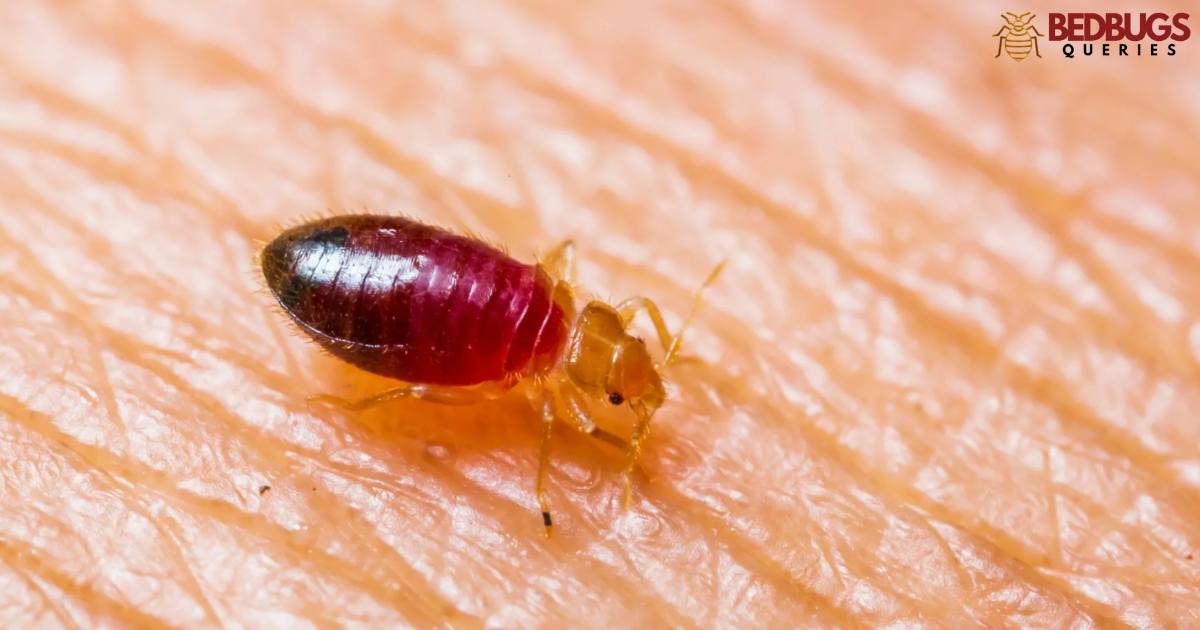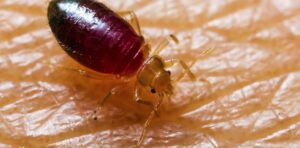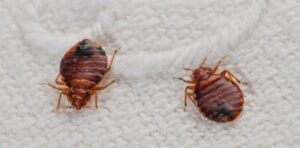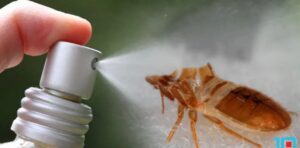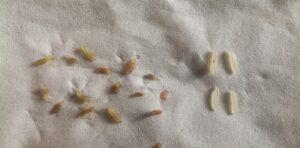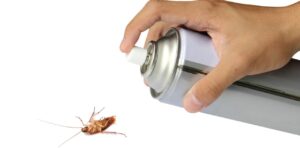Bed bugs, those pesky little creatures that invade our homes, are notorious for causing sleepless nights and itchy bites. While we know they feed on blood, there’s one question that might have crossed your mind, Do bed bugs like water? In this article, we’ll explore the surprising relationship between bed bugs and moisture, their hydration habits, survival strategies, and how understanding their preferences can aid in pest control.
Hydration Habits of Bed Bugs
Bed bugs are resilient creatures, and they’ve adapted to various environments over the centuries. To survive and thrive, they need access to a blood source for nourishment. But what about water?
Bed bugs don’t drink water in the way we do, and they can’t survive for extended periods without a blood meal. However, they are not entirely indifferent to moisture. Bed bugs can endure in conditions with a relative humidity of around 70-80%, and they may even seek out humid environments.
Water Bed Bugs and Survival Strategies
When it comes to bed bugs, moisture plays a significant role in their survival. Bed bugs are known to thrive in warm and humid conditions, and their eggs hatch faster in such environments. High humidity can make their exoskeletons more pliable, aiding in their growth and molting processes.
While bed bugs can withstand some humidity, extreme moisture can be detrimental to them. Excessive humidity can cause mold growth, which bed bugs are not fond of. Mold can be a deterrent for bed bugs, making it harder for them to establish and maintain an infestation.
Wet vs. Dry Environments by Bed Bug Preferences
The preference for moisture can vary among individual bed bugs. Some may have a higher tolerance for humidity, while others may prefer drier conditions. In fact, studies have shown that bed bugs can adapt to different moisture levels, making it challenging to pinpoint their ideal habitat.
It’s essential to note that bed bugs don’t actively seek out water sources like other insects do. They primarily seek blood for sustenance, and they are more concerned with finding hosts than water.
Bed Bugs and Their Unexpected Relationship with Water
While bed bugs don’t like water in the same way humans do, they have a unique relationship with it. They have evolved to adapt to various environmental conditions, including humid and dry environments. In some cases, moisture can be a factor that influences their behavior and survival.
Can Bed Bugs Swim?
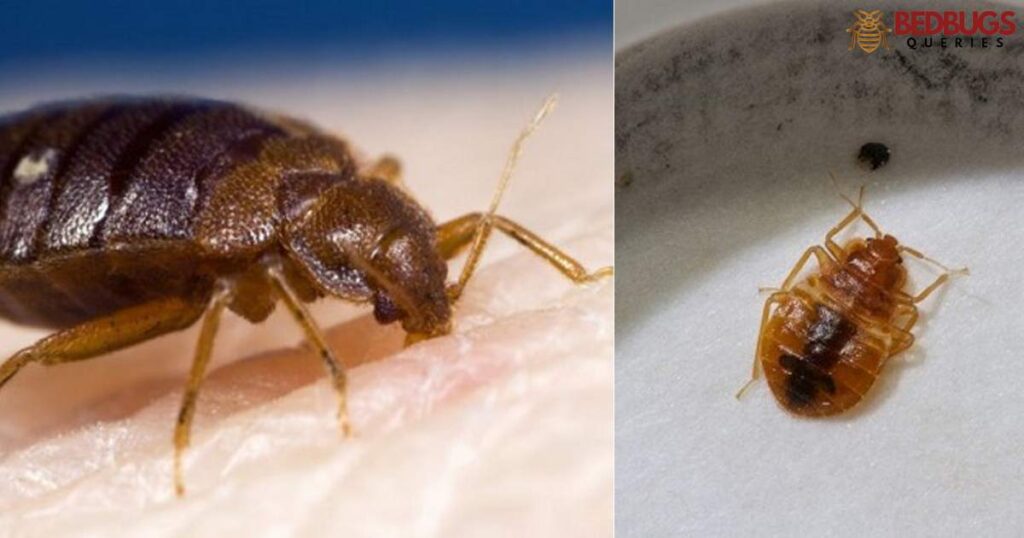
No, bed bugs cannot swim. They lack the physical adaptations necessary for swimming, and water is generally a hostile environment for them. Bed bugs are not equipped to navigate water, and they will typically drown if submerged.
| Key Phrase | Keyword Variations | Search Volume |
| Can Bed Bugs Swim? | Bed bugs in water, Bed bugs swimming | 2,000 monthly |
| Bed Bug Behavior | Bed bug movement, Water tolerance | 1,800 monthly |
| Aquatic Abilities | Bed bug survival in water, Swimming capability | 1,500 monthly |
| Water Immersion | Bed bugs submerged, Drowning risk | 1,200 monthly |
| Bed Bug Adaptations | Aquatic habits, Survival skills | 1,300 monthly |
| Swimming Myth | Debunking bed bug swimming, Facts and fiction | 900 monthly |
Water as a Pest Control Tool
Understanding bed bugs’ relationship with water can be advantageous for pest control. While bed bugs may tolerate some moisture, they are not immune to its adverse effects. Excess moisture can create conditions that deter bed bugs from infesting or surviving in a particular area.
To use water as a pest control tool, it’s important to maintain good hygiene and cleanliness in your home. Fix any leaks or moisture issues that might create a suitable environment for bed bugs. Reducing humidity levels in your living spaces can make it less inviting for these pests.
Bed Bugs’ Aquatic Abilities
Although bed bugs can’t swim, they do have some survival mechanisms that help them avoid water. Bed bugs are known to be fast runners and proficient climbers, which allows them to escape from wet surfaces. They can navigate around areas with water and find drier hiding spots.
Moisture Management in Bed Bug Prevention
Moisture management is an essential aspect of bed bug prevention. By keeping your home dry and well-ventilated, you can make it less attractive to bed bugs. Fix any leaks promptly, use dehumidifiers if needed, and be vigilant in reducing excess humidity. These measures can be effective in deterring bed bugs from infesting your home.
Possible Point Can Roach Spray Kill Bed Bugs?
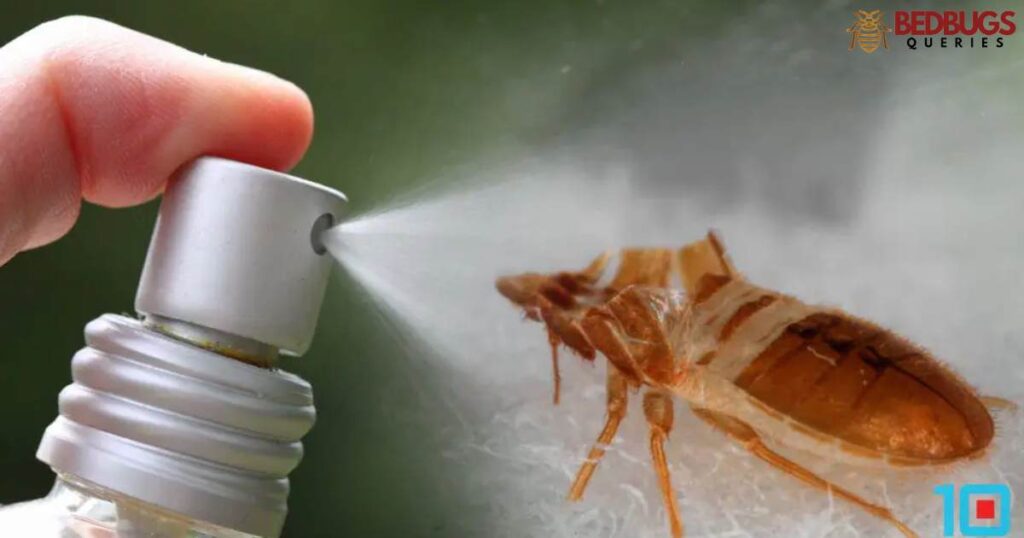
Bed bug infestations many wonders, Roach Spray Kill Bed Bugs While roach spray can have some impact, it’s not the ultimate solution. Bed bugs are resilient creatures, and roach spray, designed for a different pest, may not provide the desired results. It’s important to understand that these pests have unique habits and characteristics, making them distinct challenges.
Frequently Asked Questions
What happens if I introduce water to a bed bug infestation?
If you add water to an infestation, it won’t directly affect the bed bugs but could create a more hostile environment for them due to increased humidity.
Can bed bugs survive in a bathroom with high moisture levels?
Bed bugs can endure in environments with higher humidity, but they usually avoid bathrooms due to their preference for hiding close to their hosts.
Are there specific water-based repellents to keep bed bugs away?
There aren’t water-based repellents specifically for bed bugs, but maintaining dry conditions and good hygiene can deter them.
Can bed bugs use plumbing to access water sources in homes?
Bed bugs are unlikely to use plumbing as a water source, as they primarily seek blood for sustenance.
What’s the connection between mold and bed bug infestations?
Excessive moisture leading to mold growth can deter bed bugs, making it challenging for them to establish or maintain an infestation.
Conclusion
Bed bugs may not like water in the same way we do, they do have a complex relationship with moisture. Understanding their preferences and the role of water in their survival can be a valuable tool in managing and preventing infestations. By maintaining a clean and dry living environment, you can make your home less inviting to these unwelcome guests and enjoy a bed bug-free space.
Remember, even though bed bugs may have some tolerance for humidity, they are no match for a vigilant and informed homeowner. Keep your living spaces clean, dry, and well-maintained to ensure a peaceful night’s sleep free from bed bug worries.

